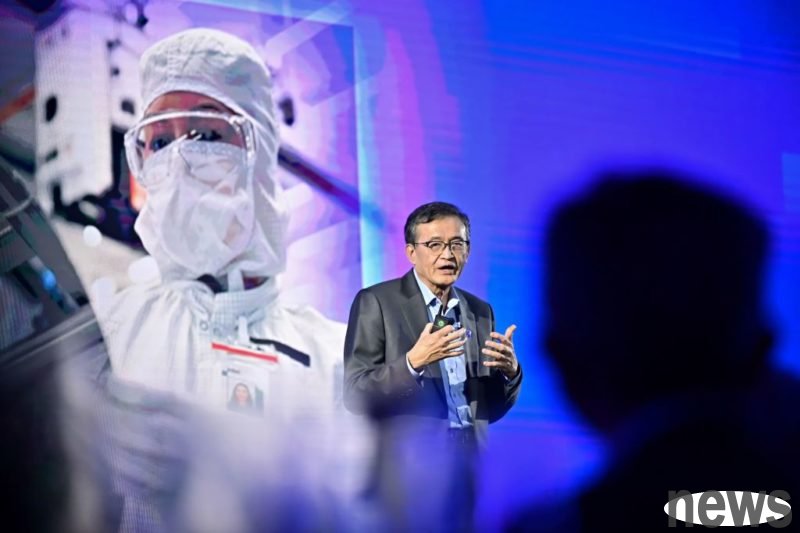
According to the second quarter financial report released by Intel, a large semiconductor manufacturer, its revenue exceeded market analyst expectations. However, the company is still facing conspiracy and continues to carry out large-scale reorganization. Currently, under the leadership of Executive Chairman Chen Liwu, Intel is actively implementing a series of strategic adjustments to restore its market competitiveness and optimize operational efficiency.
Intel's second quarter earnings amounted to US$12.86 billion, higher than the market's expectations of US$11.92 billion. However, the company reported adjusted surplus per share of 10 cents, which is in contrast to the expected 4 cents of profit from market analysts. The amount of the single quarterly penny was $2.9 billion, with a share of 67 cents, which was a 38 cents per share, compared with the $1.61 billion in the same period in 2024. However, the quarter's losses were affected by a $800 million asset loss, resulting in a adjustment of about 20 cents per share.
In terms of performance of each business, the customer computing department, including PC central processor sales, received US$7.9 billion, a decrease of 3% from the same period in 2024. The data center department, including some AI chips, server central processors and other products, had a revenue of 4%, with a total amount of US$3.9 billion. Chen Liwu mentioned in an internal letter that Intel hopes to return to the market share in the data center chip field and is currently looking for leaders for this business. In addition, he added that the next step in the design process before the new chip is to review and approve all chip designs.
Looking ahead to the third quarter, Intel expected that the median revenue was US$1.31 billion, which was also higher than the average market analyst estimate of US$12.65 billion. The company expects to break even in the quarter, while market analysts expect earnings per share to be as high as 4 cents.
Intel's current executive director Chen Liwu has been announced for the second financial report since he took office in March. This time, he reiterated that he would restore Intel's products to compete and work to reduce bureaucracy and management levels, including reducing staff in Orega and California. Chen Liwu said in a letter to employees that it was not easy for the first few months after he took office, and revealed that the company had completed most of the layoffs, with the layoffs reaching 15% of the total number of employees. Previously, Intel planned to keep the total number of employees at 75,000 by the end of 2025. In addition, the company has previously stated that its goal is to cut operating costs by $17 billion by 2025.
In response, Chen Liwu also announced several expenditure reduction measures in internal letters, including $3.17 billion in operation because Intel's crystal foundry business earned $4.4 billion in the second quarter. Therefore, Chen Liwu pointed out that Intel has canceled the original plan to build crystal plants in Germany and Poland. In addition, Intel will integrate its testing and assembly businesses into Vietnam and Malaysia.
As for the planning of building advanced crystal plants in Ohio, the company will slow down its construction pace, which will depend on market demand and whether it can win large customers for the facility. Chen Liwu pointed out in the letter that in the past few years, the company has invested too much and has not had enough demand. This makes the crystalline plant's footprint unnecessary dispersion and insufficient utilization. Chen Liwu also emphasized that the company's future chip manufacturing process, namely Intel 14A, will be built with confirmed customer commitments. There will be no blank checks in the future, and every investment must have economic meaning.
In terms of stock market performance, Intel's stock price rose about 13% as of Thursday's closing after its worst year in 2024.